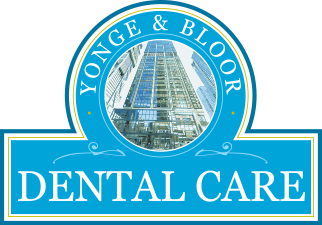Gum surgery can be implemented for numerous reasons, the first of which is cosmetic & in some cases restorative. Using least-invasive techniques, dentists can alter gum lines for a more pleasing appearance.
For those with “gummy” smiles, despite being considered not ideal to many people, having a gummy smile is often the natural result of genetics. In some patients, their gums simply didn’t recede properly when their adult teeth came in.
What is Gum Surgery?
Gum surgery is surgery applied to the gums in the least invasive manner in order to treat severe gum disease, restore gum lines or access teeth in areas normally covered by the gums. When used to treat disease or access parts of teeth or teeth that have yet to break through, it is always done after other possible treatments are no longer viable. However severe gum surgery may be, though, it is far better than letting disease spread from the mouth to other areas of the body, which can cause severe, life-threatening complications. When performed cosmetically, these treatments can provide a more tooth-filled smile, which can help self-esteem of patients who receive it. Talk to your dentist about whether gum surgery of either type is right for you.
Gum Lift
A gum lift is sometimes confused with a crown lengthening, which is a different procedure that involves removing both bone & gum tissue. Gum lifts only remove gum tissue. Gum lifts have become more attractive to patients thanks to the latest advances. Modern laser technology has made it so gum lifts are faster, nearly painless & require much less recovery time. In the past, gum lifts were done by making incisions & sometimes using sutures. Today, most dentists use a dental technology called a soft tissue laser to gently remove gum tissue. The laser cauterizes blood vessels (burns them closed) as it removes tissue, leading to less bleeding, less swelling & faster healing times.
The gum lift is sometimes done in combination with other cosmetic procedures as part of a smile makeover, for example, following orthodontic treatment (braces). Other ways of lengthening teeth include veneers or bonding, both of which might be considered instead of or in combination with a gum lift. If you’ve been told you have a gummy smile or small teeth, a gum lift may be an option to improve the appearance of your smile.
Gum lifts do not treat a disease. There are several other types of gum surgery associated with periodontitis (advanced gum disease) that may end up having a cosmetic result but are completed for health reasons.
Gum Disease Treatment
If you have severe gum disease, your dentist will go over what procedures are best for your case & what minimally invasive options are best for you. Just remember that the longer you wait to talk to your dentist & schedule an appointment, the more surgery will be required & in some cases, disease can spread beyond the mouth & cause the need for serious procedures done elsewhere in the body.
Minor gum surgery can also be required in order to access teeth either completely covered by the gums or to access areas of the tooth that are covered by gums. Small cuts are made in order to access these areas & anaesthesia & sedation dentistry are available to minimize or even eliminate pain. One common need for gum surgery in these cases is wisdom tooth extraction, which can be performed before the tooth has broken through the gum line.
